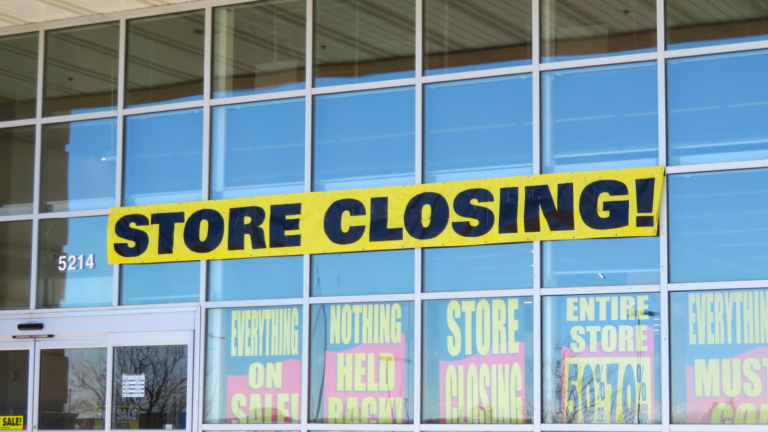Bed Bath & Beyond (NASDAQ:BBBY) announced on Sunday that it had filed for voluntary Chapter 11 bankruptcy protection. At the same time, the struggling retailer also disclosed that it had received $240 million in debtor-in-possession financing (DIP) from Sixth Street Specialty Lending. Upon court approval, this sum is expected to provide the company with enough capital to run operations during the bankruptcy process.
Meanwhile, BBBY stock’s cost-to-borrow (CTB) fee has fallen to 12.90%, compared to 13.46% on April 24, the day after Bed Bath announced its bankruptcy. The CTB fee represents the yearly fee that short sellers must pay to borrow shares.
BBBY Stock: CTB Fee Falls Amid Bankruptcy and Delisting Notice
A high and rising CTB fee signals high short-seller demand, while a low and falling fee signals low short-seller demand. According to The Street, the average CTB fee for a stock is between 0.3% and 3%. A high and exorbitant fee could also influence short sellers to sell out of their existing positions in a bid to escape the high fee. This is because a higher fee reduces the chances that a short seller emerges profitable.
With Bed Bath’s bankruptcy announcement, traders may be expecting a rising CTB fee instead of a falling one. However, the company recently announced that its shares would be suspended from the Nasdaq, effective as of the opening of business on May 3. With a suspension date in place and a bankruptcy filing, shares of BBBY are sure to be volatile in both directions. That’s evident by BBBY stock’s gain of 3.5% today in light of no uplifting news.
As a result, short seller demand seems to be falling due to Bed Bath’s volatile nature. In addition, short sellers must take into consideration that they have less than a week to hold their short positions.
Some market participants may see it as a bullish sign that short-seller demand is falling. However, they must also place into consideration an imminent suspension. When considering all of these factors, both bulls and bears should avoid BBBY stock and watch the action from the sidelines.
On the date of publication, Eddie Pan did not hold (either directly or indirectly) any positions in the securities mentioned in this article. The opinions expressed in this article are those of the writer, subject to the InvestorPlace.com Publishing Guidelines.

